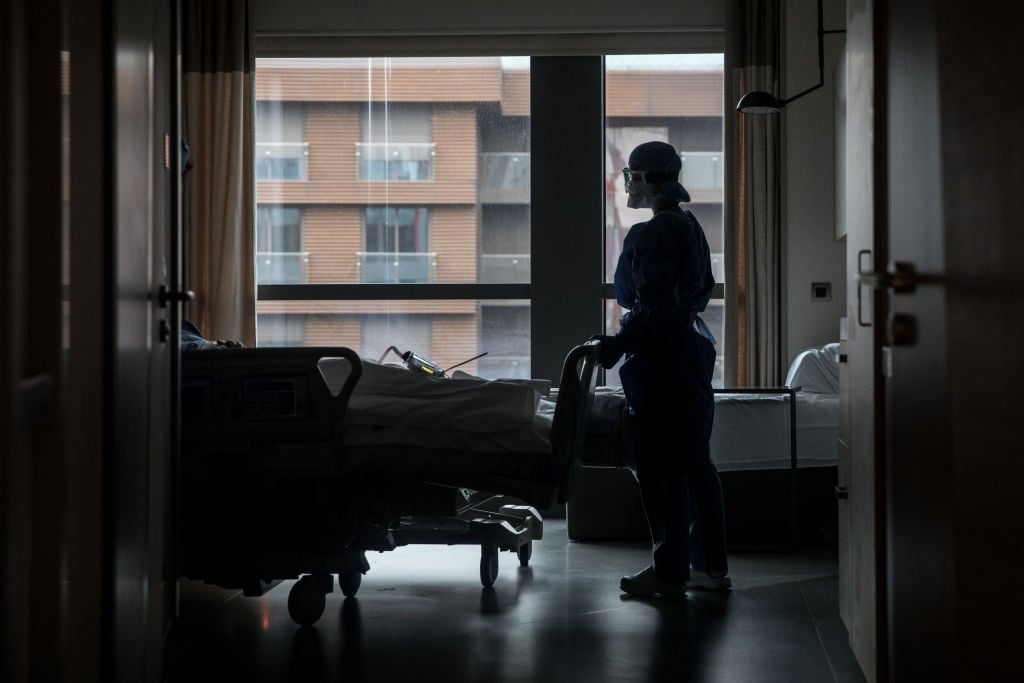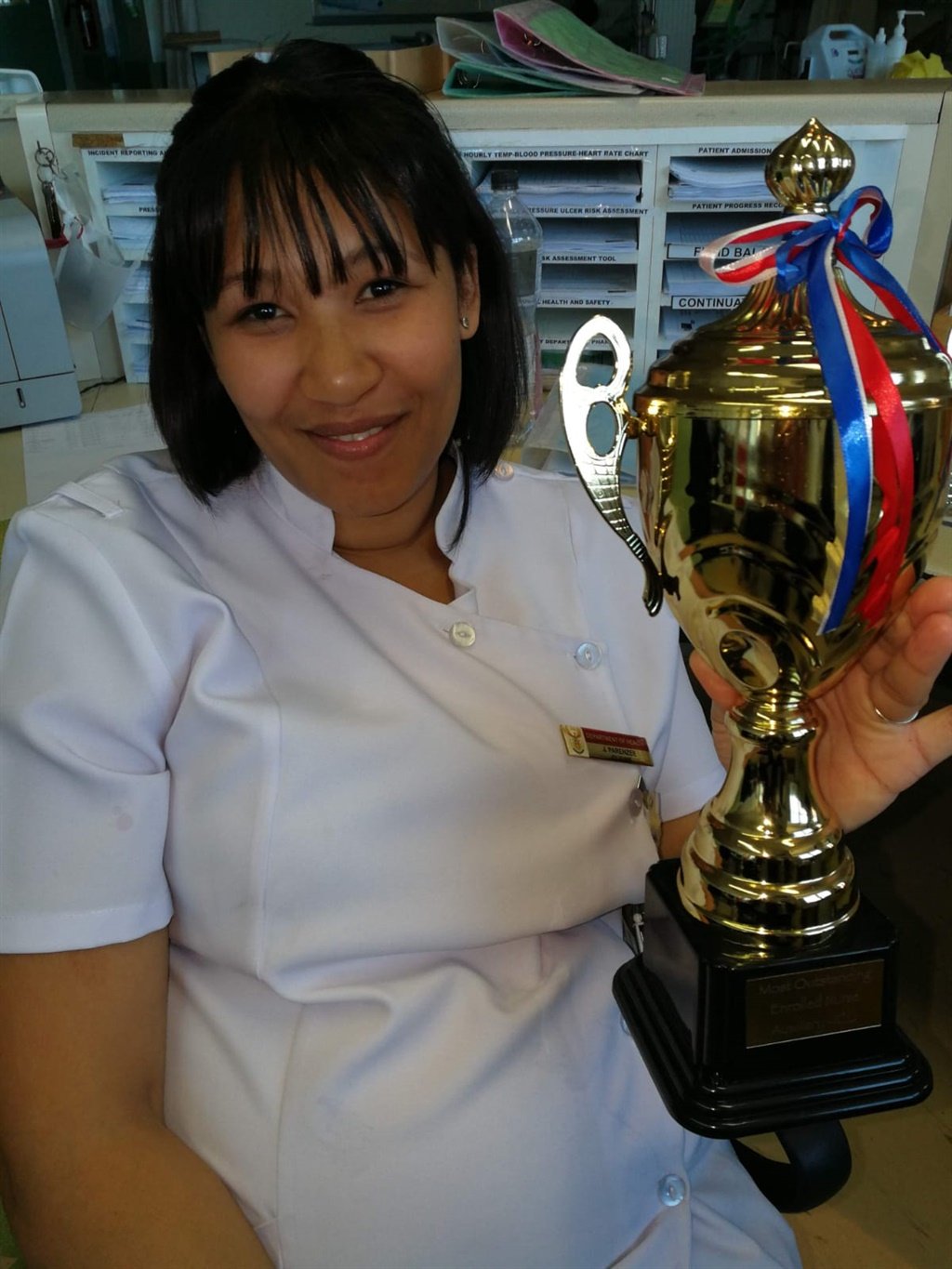 Groote Schuur Hospital nursing assistant Judith Parenzee describes Covid-19 as “a war”.
Groote Schuur Hospital nursing assistant Judith Parenzee describes Covid-19 as “a war”.
She has been rushed off her feet since the pandemic hit South Africa, and then took its greatest toll on the Western Cape.She has already lost colleagues to the virus, but still keeps going.
“When we first heard about this thing, Covid-19, we didn’t know what to think,” said Parenzee.
Wuhan in China appeared to have brought it under control quickly, but stories were coming through of Italy’s hospitals buckling under the pressure of Covid-19 cases.
When the first case in South Africa was announced in March, it seemed the country would get off lightly as people were very quickly located and quarantined. However, after Western Cape Premier Alan Winde announced the first case in the province on 11 March, the virus spread quickly in the province.
However, after Western Cape Premier Alan Winde announced the first case in the province on 11 March, the virus spread quickly in the province.
Parenzee said they watched it happen, with their Covid-19 isolation intensive care ward quickly growing from three patients to 18.
“It is a war,” said Parenzee, as she and her colleagues go to battle every day with the virus, and a severe shortage of staff.
Speaking on her day off, during a short break from house chores, she told News24 she became a nursing assistant because she loved the way nurses care for people. But they try not to let it show.
She said from speaking to frantic relatives on the phone for updates, to washing an unconscious patient, she is determined to be bright and happy.
As rushed as their days are, the time she spends washing patients every morning is when she speaks words of reassurance and strength to them, even though they may be sedated.
“I am sure they can hear me,” she says.
Losing colleagues
They spend a lot of time ferrying messages from relatives to patients and taking calls on condition updates.
They try to avoid taking a video call from a relative to a patient, because the sight of a loved on a ventilator and on dialysis can be very distressing to a relative outside the hospital.
They also have to be patient when a relative’s airtime runs out and they call back again.
“They are not used to seeing them like that,” she says sympathetically.Single mom
But, once at home, the single mother of three small children, says her children can wash their hands like medical professionals, and every day they go around the house wiping down door knobs and other commonly touched places.
She tries to protect their little ears from the frightening coronavirus news on television.
“But there is always one sharp one,” she says of one of her small children. “One asked me, ‘mommy, am I going to get black lungs?’.”
But she does not let that get her down, and reminds the kids how to de-germ everything properly. She said she did not know how she would cope without the help of her parents.
Parenzee said that people thank her and her colleagues constantly for their work.
“People don’t know what else to do. They say to us over and over, ‘thank you, thank you, thank you’.”